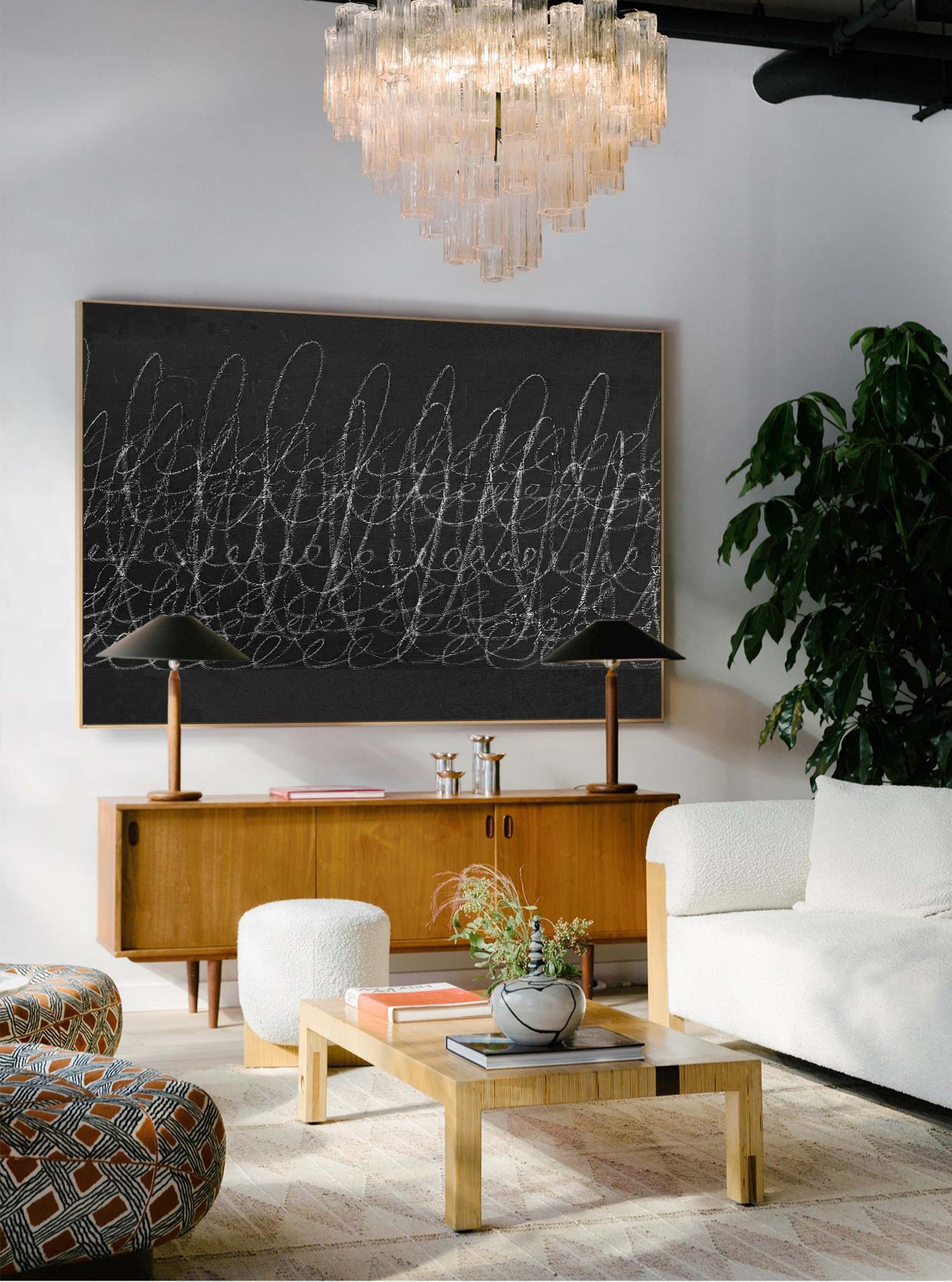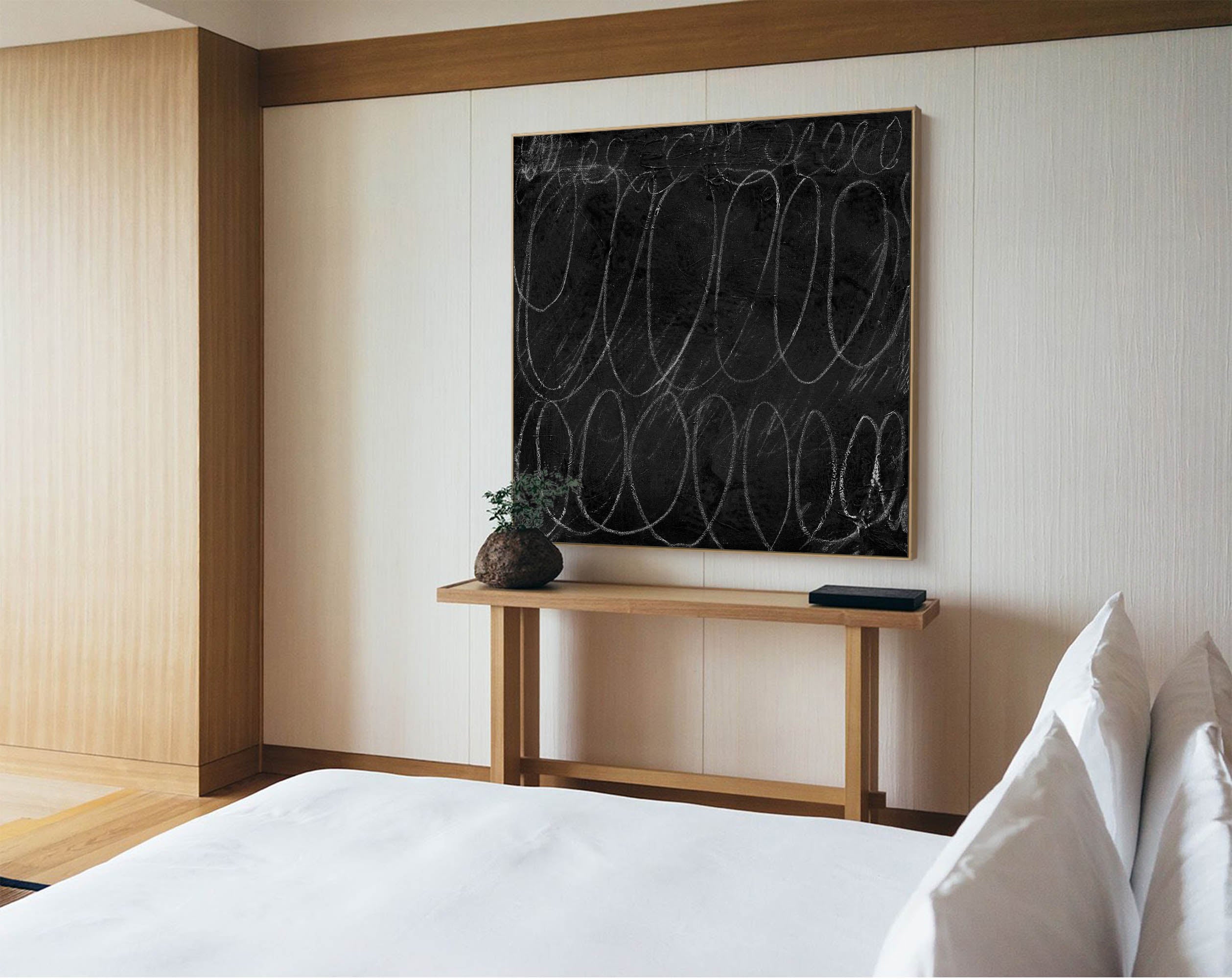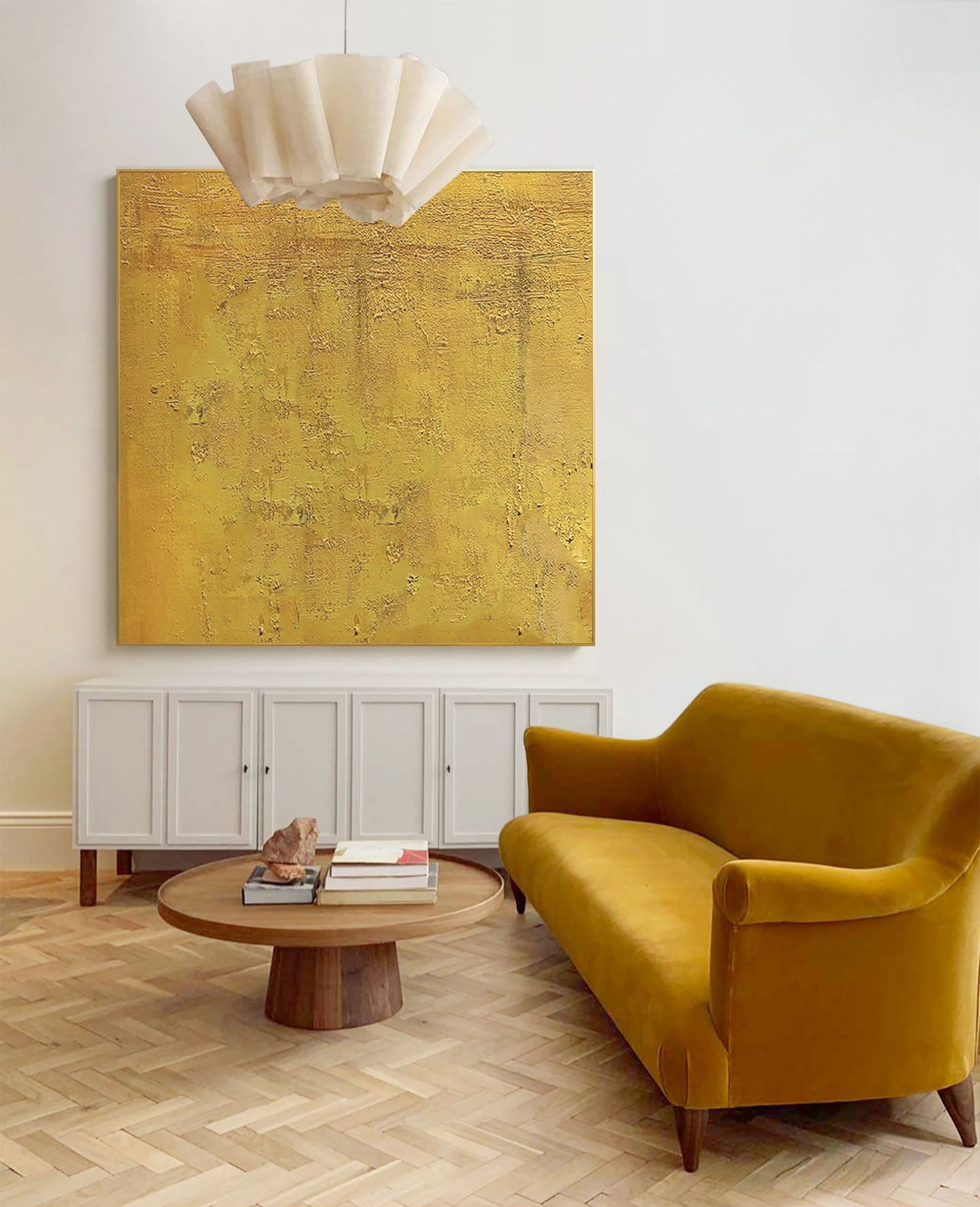
How to choose black and white minimalist line art for minimal style space?
Black and white minimalist line art is a style of artwork that is characterized by the use of simple, clean lines and a limited color palette. This style has become increasingly popular in recent years, due in part to its ability to convey a sense of elegance, sophistication, and modernity. If you're interested in creating or purchasing black and white minimalist line art, there are a number of factors to consider. In this article, we'll take a look at some of the key elements to keep in mind when selecting or creating minimalist line art.

(Minimalist line art mle028 is on sale. Click on the picture to explore more.)
1.Consider the Subject Matter
One of the first things to think about when choosing black and white minimalist line art is the subject matter. Minimalist line art can be used to depict a wide variety of subjects, from abstract designs to animals, landscapes, and even portraits. Before selecting a particular piece of artwork, it's important to think about the message or feeling that you want to convey with the piece.
For example, if you're looking for a piece of art to hang in your living room, you may want to choose a piece that is calming or relaxing, such as a simple abstract design or a minimalist landscape. On the other hand, if you're looking for a more striking or thought-provoking piece, you may want to choose a piece that depicts a powerful or emotive subject, such as an animal or a person.

(Minimalist line art mle031 is on sale. Click on the picture to explore more.)
2.Pay Attention to Composition
Another important factor to consider when choosing black and white minimalist line art is the composition of the piece. Composition refers to the arrangement of elements within the artwork, such as the placement of lines, shapes, and negative space.
Good composition is critical to the success of any artwork, and can greatly impact how the piece is perceived by the viewer. When selecting minimalist line art, look for pieces that have a strong composition, with a clear sense of balance, contrast, and movement. Pay attention to the way that the lines and shapes are arranged, and how they interact with each other to create a cohesive whole.
(Minimalist line art mle035 is on sale. Click on the picture to explore more.)
3.Evaluate the Quality of the Lines
The lines used in black and white minimalist line art are one of the most important elements of the piece. The lines should be clean, precise, and consistent, without any wobbling or wavering. The thickness of the lines should also be uniform, creating a sense of balance and unity throughout the artwork.
When selecting or creating minimalist line art, pay attention to the quality of the lines. Look for pieces with crisp, well-defined lines that convey a sense of precision and clarity. If you're creating your own artwork, make sure to use a high-quality drawing tool, such as a fine-tipped pen or a digital drawing tablet, to create smooth and consistent lines.
(Minimalist line art mle034 is on sale. Click on the picture to explore more.)
4.Consider the Use of Negative Space
Negative space is an important element of black and white minimalist line art, and refers to the empty or blank areas of the artwork. Negative space can be used to create contrast, balance, and emphasis within the piece, and is often just as important as the lines and shapes themselves.
When selecting or creating minimalist line art, pay attention to the use of negative space. Look for pieces that make effective use of negative space to create a sense of balance and harmony within the piece. Consider how the negative space interacts with the lines and shapes to create a cohesive whole, and how it affects the overall composition of the piece.
(Minimalist line art mle036 is on sale. Click on the picture to explore more.)
5.Choose a Style that Matches Your Aesthetic
Finally, when choosing black and white minimalist line art, it's important to choose a style that matches your aesthetic. Minimalist line art can take many different forms, from simple abstract designs to intricate animal portraits or landscapes. Each style has its own unique character and vibe, and can be used to create a specific mood or feeling within a space.






